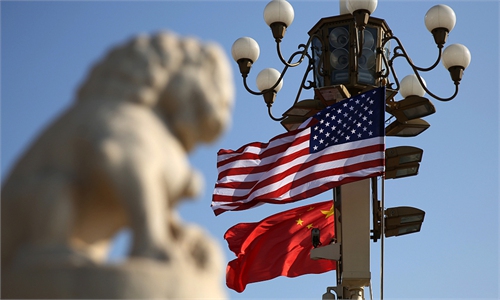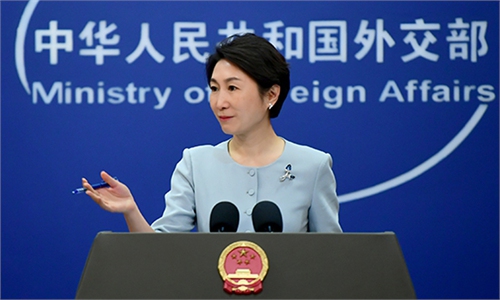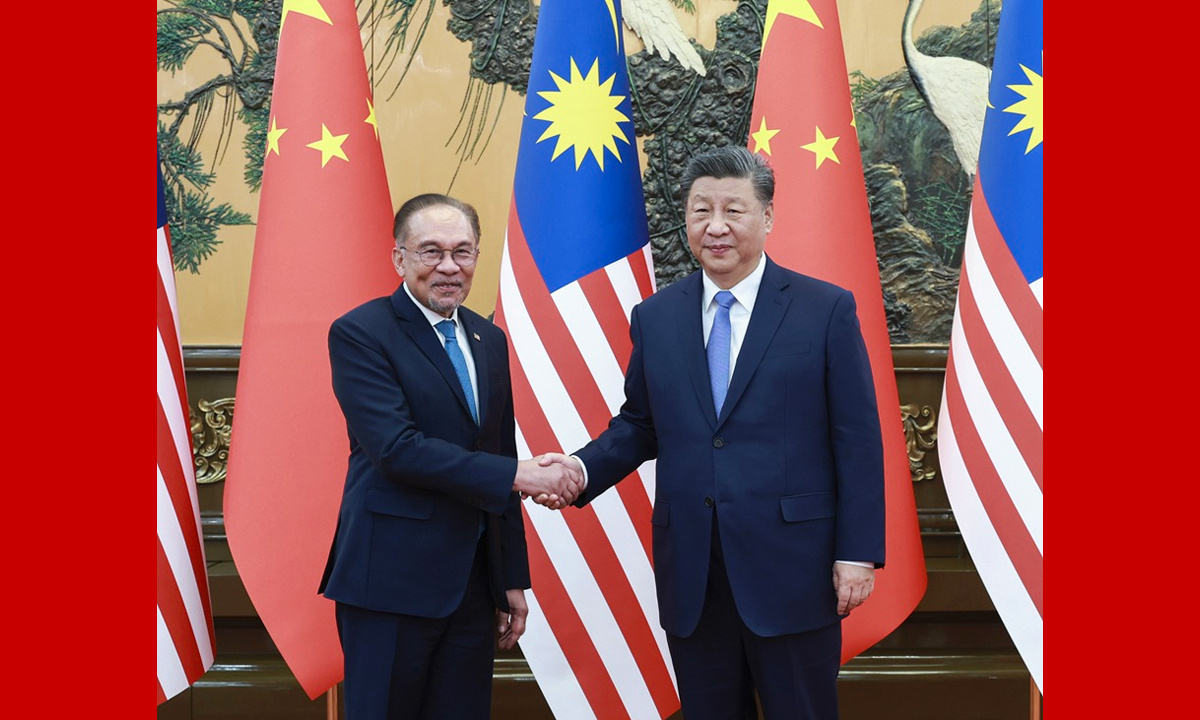However, this did not shield even them from being scammed by a syndicate with members posing as seasoned stockbrokers supposedly from well-known investment firms based overseas.
A frugal and astute investor, finance manager Ken Wong – who lost over RM450,000 – had made wise financial choices throughout his working life, building a secure nest egg for his future and family.
With a background in accounting and being savvy in financial matters, the 41-year-old employee of a logistics company never expected to find himself ensnared by a deceptive investment scheme.
Although he was aware of scams in cyberspace, all it took was six weeks of cunning, convincing and crafty assurances by scammers before Wong was ripped out of his hard-earned savings.
“I am very thrifty and careful with my expenditure, saving as much as I can for my family, and this is really devastating.
“What if this happens to someone in their old age? It would engulf that person with hopelessness. This is why I would label these scammers as nothing less than ‘murderers’ as they can kill a person by snatching away their sanity and future,” he said.
Still reeling from his loss, Wong said it all started in May when he spotted an advertisement on Facebook that offered insights and short courses on foreign stock investments.
Out of curiosity, he clicked on a link and was promptly greeted by a person who introduced him to the courses, which were being offered for a fee of RM364.
He was then added to a WhatsApp group where lessons were conducted by several foreigners.
Wong said at first, the group only discussed matters related to the course and shared tips on stock investments.
However, weeks later, the scammers, claiming to be foreign institutional investors (FIIs), started introducing and encouraging investments in foreign initial public offering (IPO) stocks, assuring him he could double his money.
Wong said he downloaded the company’s application and what started with a RM10,000 investment led to him pumping in more funds until he realised he was being deceived by bad actors.
He later learnt that the scammers had cloned real-time foreign stock exchange webpages and created features that convinced their victims to believe they were managing their own funds.
“They were so convincing and persuasive, encouraging us to manage our own investments.
“Having downloaded their app and transferring my funds to local business bank accounts were other factors that had me into believing it was a legitimate business,” he said.
“On record, my investment had doubled, but I could not make any withdrawals. When I questioned them, they demanded I invest another RM1.7mil if I wanted to make withdrawals. This is when I realised I had been fleeced.”
Wong said he was in touch with nine other victims including other professionals in the field of investment and finance, and they formed a group to seek avenues to recover their lost funds.
Another victim, who wanted to be known only as Queenie, said she decided to join the scheme after seeing it on Instagram.
“I felt confident because the scammers had fraudulently used the photos of a well-known investment influencer to promote their scheme. They claimed we could receive returns of over 400%.
“Now that I have lost my life savings, there are feelings like anger, sadness and denial.
“I think I am going through depression,” said the 46-year-old banker, who lost over RM230,000, part of which she had borrowed from a friend.
A 41-year-old private university lecturer said he lost RM120,000 of his savings and from his parents’ retirement fund.
He said he was invited to join a WhatsApp group by a woman who claimed to be a Singaporean.
“She told me that she was invited by the government to educate Malaysians on stock investments and encouraged me to join her classes. No payments were demanded in the beginning, but we were then lured into investing after weeks of receiving tutorials on stocks,” he said.
Siva, a 32-year-old office administrator, said he lost RM200,000 that he had partly borrowed from his family.
“I had saved the funds to buy a house as I am getting married soon. I do not know how to break this news to my family,” he said.
All four victims have lodged police reports.
The syndicate, operating under the guise of being stockbrokers, was busted by commercial crime police in September when 17 suspects aged between 23 and 52 were held.
Police said the syndicate had raked in over RM33mil from victims and at least six more suspects are being hunted, with 66 police reports lodged since January.
PETALING JAYA: Complaints and enquiries on scams and unlicensed activities shot up by over 300% between 2019 and 2023, according to the Securities Commission (SC).
The commission’s Investors Alert List sighted by The Star also revealed that some 15 sites were flagged by the SC for operating as potential clone entities so far this year.
Clone entities are outfits that misuse the name and credentials of legitimate financial and investment bodies.
In the SC’s 2023 annual report, it was revealed that the regulator received 3,262 complaints and enquiries on scams and unlicensed activities – a 321% increase within those four years.
The SC said social media platforms such as Facebook and messaging apps like Telegram continue to be the primary mode for perpetrators to carry out their illegal activities.
“A new modus operandi observed in 2023 was the use of e-wallets and cryptocurrency as the mode of payment involving investment scams, compared with the mule bank accounts that were used previously.
“This may be designed to avoid easy detection and prompt interventions by enforcement agencies,” it added.
In addition to taking action based on complaints and enquiries, the SC has also dedicated a unit to proactively monitor and detect unlicensed activities and online scams targeting Malaysians.
As of Dec 31, 2023, a total of 569 URLs offering unlicensed activities to Malaysians were detected online.
This was a 49% jump from the 382 URLs detected in 2022.
“Of these, 51% were from Telegram, 27% from Facebook, 9% from Instagram and 13% from other sources such as websites, YouTube, and TikTok,” the SC said in its report.
The issuance of cease-and-desist notices, social media interventions, inclusion in the SC’s Investor Alert List, and the blocking of websites with assistance from the Malaysian Communication and Multimedia Commission (MCMC) were among the actions taken against such sites.
Other actions were requests to block Telegram, Facebook and Instagram accounts; referrals to other agencies or foreign regulators; and lodging police reports.
“The SC has and will continue to proactively disrupt the activities of scammers and operators of unlicensed activities,” it said.
In this regard, the SC includes the names of entities and individuals found to be carrying on scams or unlicensed activities on its Investor Alert List as soon as possible – in most cases within 48 hours of receiving a complaint, it added.
The regulator noted that while some unlicensed activities are carried out locally by Malaysians with a local presence, there are also foreign entities carrying out unlicensed activities in Malaysia.
To create greater awareness, the SC said it has released a “more robust, dynamic and mobile-friendly” Investor Alert List called the Investment Checker, which serves as a one-stop centre for the public to check and verify the legitimacy of entities and individuals.
It has also set up a Scam Meter page and does radio and television interviews on scams and unlicensed activities.
Recently, the Finance Ministry told Parliament that the SC had blocked nearly 200 social media sites and over 100 websites linked to illegal investment schemes, placing 184 entities on a watchlist and filing charges against some.
Offshore platforms were blocked with help from MCMC, while the SC advises public awareness on fraudulent tactics.












